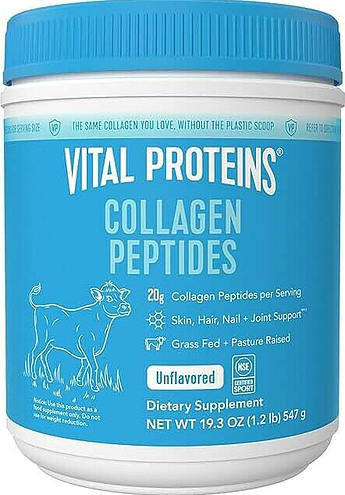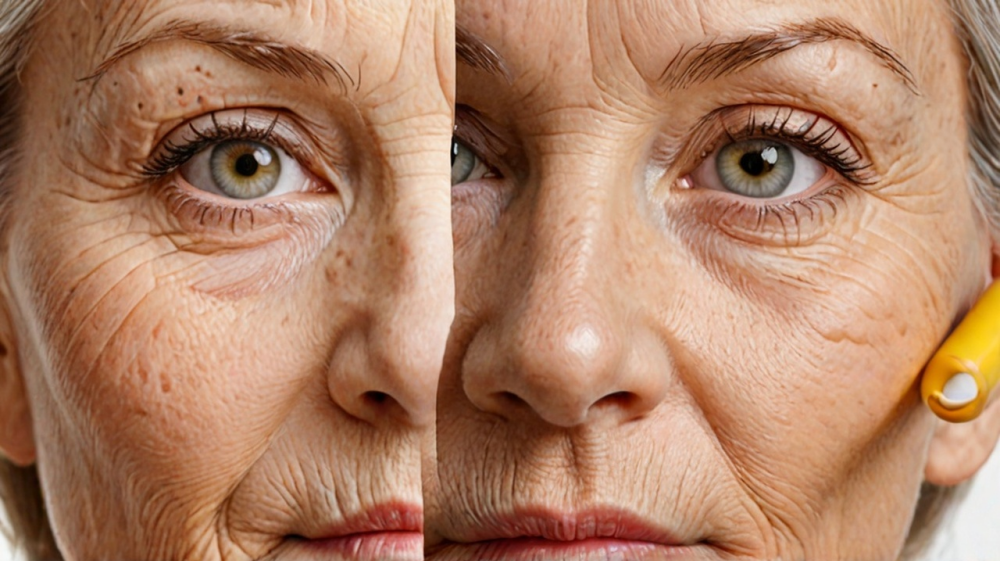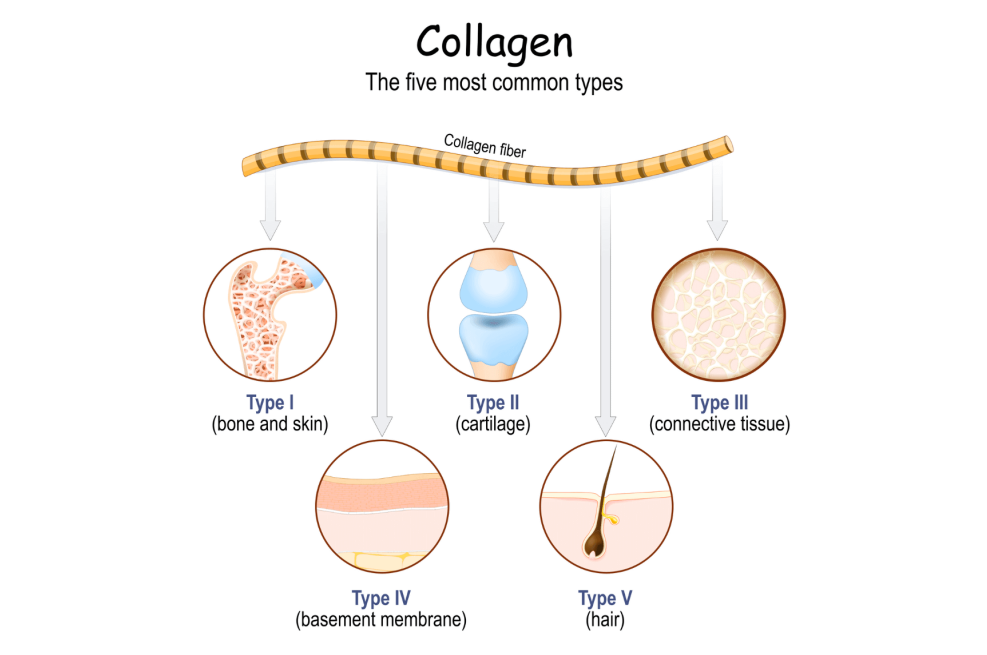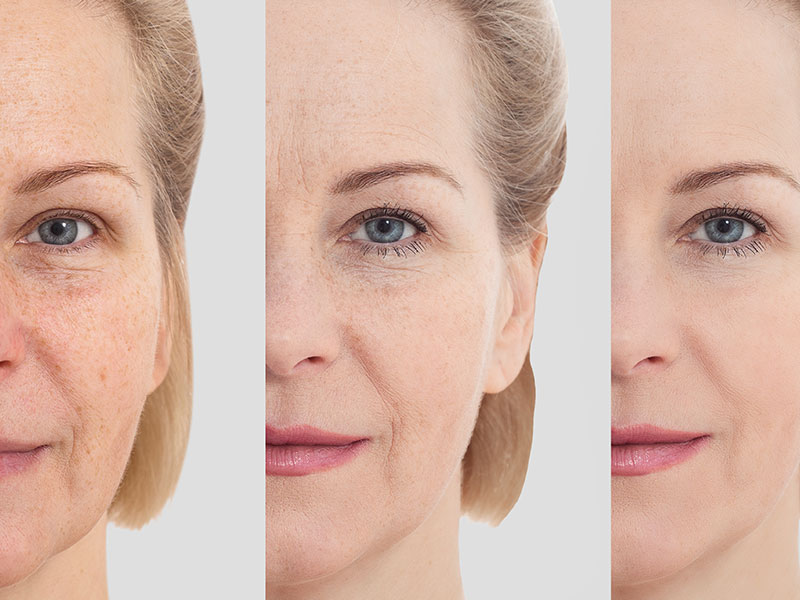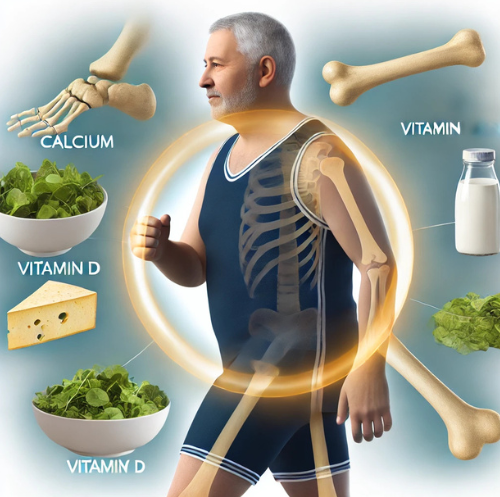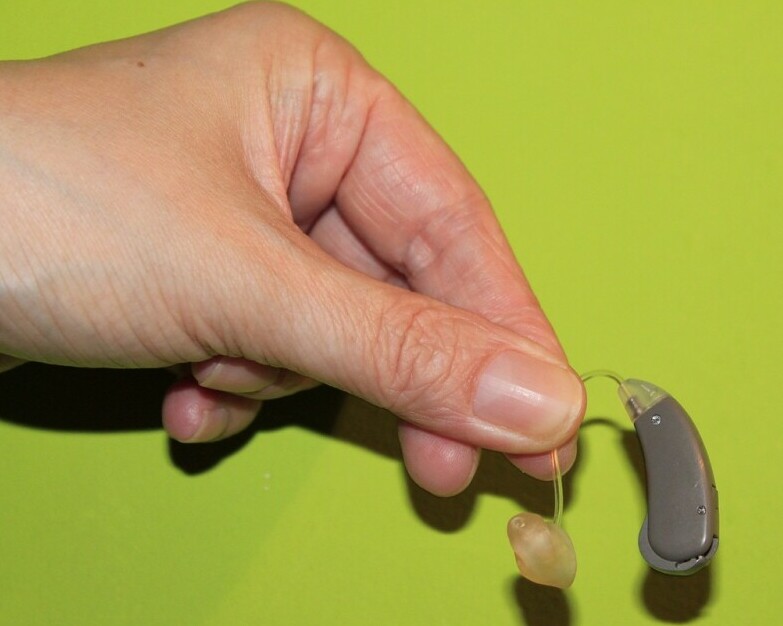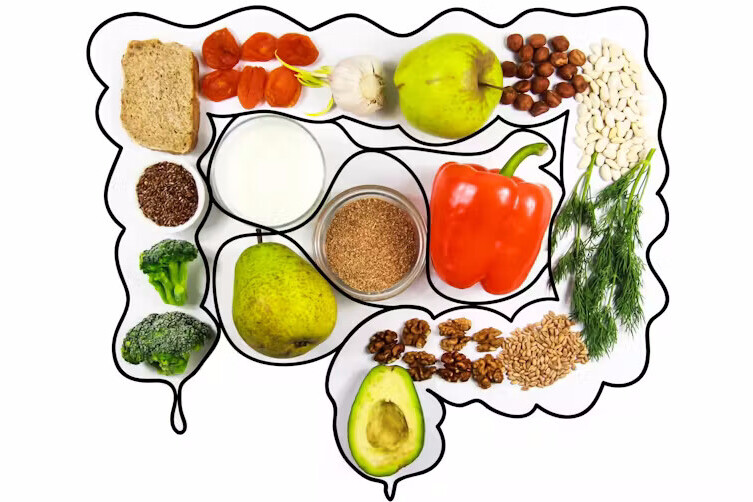You may have noticed it’s harder to maintain your weight as you age, even with a diet and exercise routine that worked before. What’s happening? It’s your metabolism, slowing down with each passing year. Metabolism is the process by which your body converts the food you eat into energy. A quicker metabolism burns calories at a faster rate, which, in younger years, helps manage weight.
The decline in metabolism is a natural part of aging due to several factors. Muscle loss is a primary reason. Muscle burns more calories than fat, even at rest, so when muscle mass decreases, which is common as you age, your body needs fewer calories. Other age-related changes, such as hormonal adjustments and a decrease in physical activity, also contribute to this metabolic slowdown.

As a result of this slower metabolic rate, calorie needs decrease. It’s important to understand that what your body could once handle in terms of calorie intake and energy use isn’t the same as it once was. Adjusting your diet to your current metabolic rate is essential in avoiding weight gain.
Thankfully, lifestyle choices can help mitigate the decline in metabolism. Regular strength training to maintain or increase muscle mass, consuming enough protein, and staying physically active are key measures to maintain a healthy metabolic rate. Even simple activities such as walking can make a significant difference.
Navigating Weight Loss Challenges for Aging Adults
As we age, losing weight often becomes a tougher battle, requiring more than a cursory glance at diet and exercise. For men and women alike, this period in life presents unique hurdles. One of these is the hormonal shift both genders experience. In women, menopause brings a dip in estrogen, which can contribute to weight gain, particularly around the abdomen. Men see a gradual decline in testosterone, which can decrease muscle mass leading to a slower metabolism.
Sometimes, older adults follow the weight loss strategies that worked for them in their younger years, only to be met with frustration as these same methods fail to produce results. The body’s response to diet and physical activity changes over time, and so a recalibration of these tactics is often necessary.
Wading through the mishmash of weight loss advice can feel overwhelming, especially when considering the specific issues older adults face. Persistent weight around the midsection, fatigue, or muscle loss can lead to a loss of motivation. It’s not just about ‘eating less and moving more’ anymore; it’s about developing smart strategies that address these age-specific concerns.
Adding layers of complexity, social and lifestyle factors such as retirement, changes in daily routines, or a decrease in social activities can inadvertently lead to lower levels of physical activity and poorer dietary choices. However, the alignment of weight loss goals with health outcomes is THE KEY. It means focusing on strategies that enhance health and vitality, and not just the numbers on the scale.
The route to overcoming these plateaus often involves a multi-pronged approach. It’s advisable to have regular check-ins with healthcare professionals who understand the nuances of aging. Whether it’s adjusting macronutrient intake or finding low-impact exercise routines that protect the joints while building strength, the paths are many, but the focus should always be on sustainable, health-focused weight loss.
Key Bodily Elements Impacting Weight Loss in Seniors
Aging is more than just a number. It’s about the changes that happen in our bodies, many of which have a direct bearing on how we manage our weight. In particular, certain natural elements in our bodies decline with age, and this decline can negatively impact our ability to shed pounds.
One such element is muscle mass. You see, muscle burns more calories than fat, even when you’re at rest. As I get older, maintaining muscle mass is crucial not only for strength and balance but also for weight management. This is why resistance training should be a non-negotiable part of a senior’s fitness regimen.

Then there’s collagen, the protein that gives our skin its elasticity. With less collagen, skin may sag, but it’s not just a cosmetic issue. Collagen loss also affects the connective tissues in our joints and muscles, potentially impacting our ability to stay active, which, in turn, can influence our weight.
Hormones and enzymes also decline, disrupting how our bodies process food and store fat. For women, changes in estrogen levels due to menopause can make weight loss more challenging. Men aren’t off the hook, either; they face lower testosterone levels, which can reduce muscle mass and slow metabolism.
To counteract these age-related changes, seniors should consider adjusting their diets to include more lean proteins and foods that support muscle health and bone density. And, when appropriate, discussing nutritional supplements with a healthcare provider can be helpful to ensure all dietary needs are met.
This information segues perfectly into the heart of our weight loss plan. With the knowledge of what’s changing, we can make informed decisions about how to proceed. The focus then becomes on creating a sustainable balance of diet, exercise, and lifestyle adjustments that support long-term health and wellness.
Designing a Sustainable Weight Loss Plan for the Golden Years
Setting realistic weight loss goals isn’t just about numbers on a scale; it’s about improving your overall health and quality of life. I advocate for a gentle approach, one that you can maintain over the long haul without feeling deprived or overwhelmed.
The key to sustainable weight loss is creating a balance; your diet, exercise regimen, and overall lifestyle must work in harmony. Gone are the days of extreme diets and punishing workout sessions. Instead, I suggest incorporating more whole foods, lean proteins, and vegetables while finding a physical activity that you truly enjoy.
An important piece of this puzzle is a plan that’s tailored to you. Your current health status, any existing medical conditions, and your personal preferences all play a fundamental role in shaping your weight loss strategy. Remember, what works for someone else might not be the best for you.
You cannot overlook the value of professional guidance. A conversation with your healthcare provider is recommended before starting any new supplement or diet plan in offering insights into the most effective and safe approaches to losing weight. Coupled with support from either a nutritionist or a personal trainer, you’re more likely to see results that stick.
Your journey to weight loss at this stage in life should not be a solo endeavor. Surround yourself with a supportive community, whether it’s a group fitness class or an online forum. Share your goals, celebrate your victories, and don’t hesitate to seek encouragement when you face setbacks.
Disclaimer: All the content on this site is for informational purposes only, does not constitute medical advice, and does not establish any kind of patient-client relationship by your use of this website. I am not a health care professional. The information, including but not limited to text, graphics, images and other material contained on this website are for informational purposes only. No material on this site is intended to be a substitute for professional medical advice, diagnosis, or treatment. Before starting any new regimen, supplement, diet, or program, it is crucial to consult with a healthcare professional to ensure it is safe and suitable for your individual health needs and circumstances. Here’s a little transparency: This website also contains affiliate links. This means if you click and make a purchase, we may receive a small commission. Don’t worry, there’s no extra cost to you. It’s a simple way you can support our mission to bring you quality content.



